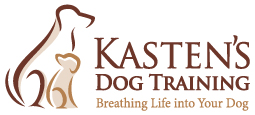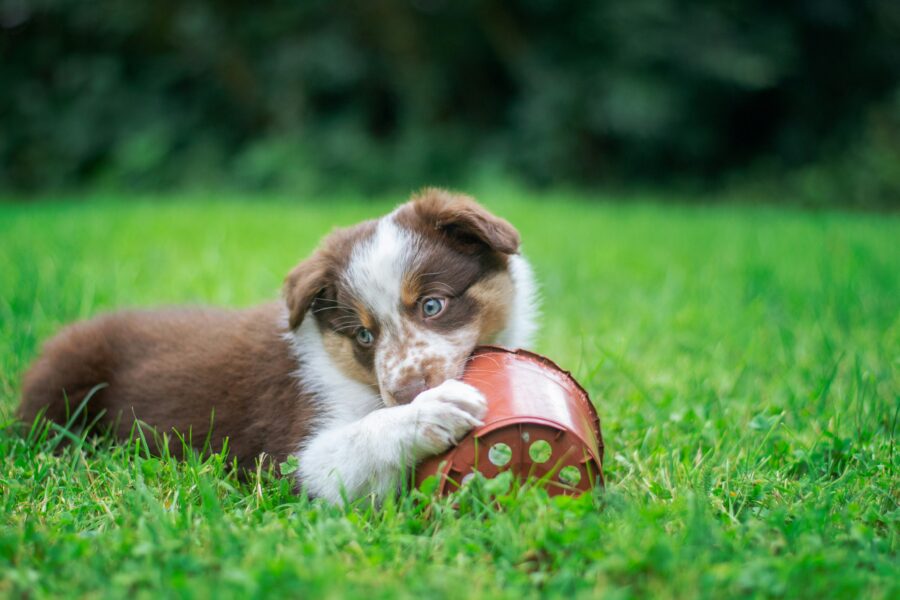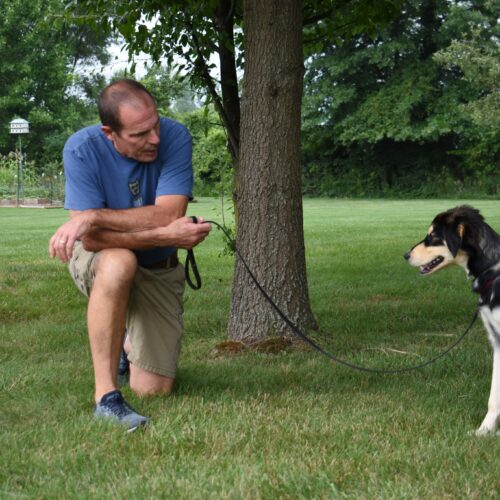Destructive chewing is a common issue that can wreak havoc in your home. Fortunately, you can quickly fix your pet’s behavior with the right methods. Review everything you need to know about correcting destructive chewing in dogs.
Understanding the Reasons Behind Destructive Chewing
Dogs chew for various reasons, including teething, boredom, anxiety, and a natural instinct to explore their environment with their mouths. Puppies chew to relieve the discomfort of teething and to learn about the world around them. Adult dogs might chew out of boredom, anxiety, or simply because they enjoy it. Identifying the underlying cause of your dog’s chewing is crucial to addressing the behavior effectively.
How do you get your dog to stop chewing things?
To address destructive chewing, provide your dog with appropriate outlets for its chewing needs. Start by offering a variety of safe and durable chew toys. Rotate these toys regularly to maintain your dog’s interest and prevent them from seeking household items to chew on. Ensure that valuable or hazardous items are kept out of your dog’s reach to minimize temptation.
Exercise and mental stimulation are essential for reducing destructive behaviors. Regular walks, playtime, and activities like fetch or puzzle toys can help burn off excess energy and keep your dog engaged. If your dog chews due to separation anxiety, create a safe space where it feels comfortable and secure when you are not around. Gradually increasing your time away from your dog can also help it adjust to being alone without chewing.
When you catch your dog chewing on something, calmly redirect it to an appropriate chew toy and reward it for choosing the right item. Consistency is key, so make sure to reinforce good behavior every time to help your dog understand what is acceptable to chew.
At what age do dogs stop destructive chewing?
Puppies typically stop teething and decrease their chewing behavior around six months of age, but this doesn’t mean the habit will disappear completely. Chewing can persist into adulthood if not properly addressed, particularly if the dog lacks mental or physical stimulation. Providing ongoing training and enrichment will help ensure that chewing behavior is controlled as your dog matures.
Addressing the Root Causes of Chewing
It’s important to understand that not all chewing is the same. For puppies, chewing helps alleviate the discomfort of teething and is a way to explore their world. For adult dogs, chewing can signify boredom, anxiety, or an outlet for pent-up energy. Addressing these root causes is crucial to preventing destructive chewing. Provide plenty of opportunities for your dog to exercise and play. This helps to reduce boredom and anxiety, both of which can lead to destructive behaviors.
Teaching Your Dog What to Chew
Training your dog to understand which items are acceptable to chew is ongoing. Positive reinforcement is a highly effective method. When your dog chews on an appropriate item, reward them with praise or a treat to reinforce the behavior. Over time, your dog will learn to associate chewing on their toys with positive outcomes, reducing the likelihood of them chewing on furniture or other inappropriate items.
Getting Professional Help
Kasten’s Dog Training specializes in helping dogs overcome destructive behaviors through tailored, positive reinforcement training programs. Our team of professional trainers works closely with you to develop a plan that addresses your dog’s specific needs and behaviors. Whether your dog is a teething puppy or an adult experiencing anxiety, Kasten’s offers the expertise and support necessary to help your dog become a well-behaved, happy member of your family.
Contact Us Today!
At Kasten’s Dog Training, we are committed to helping you and your dog build a strong, positive relationship through effective training. Visit our website or contact us today to learn more about our services so we can assist you in reaching your training goals!




